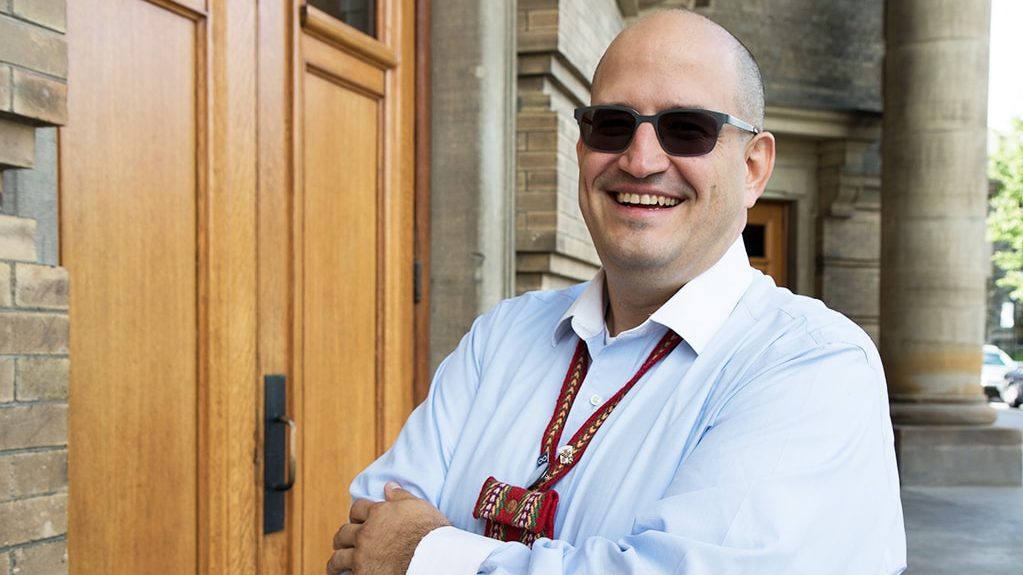Profile:
Engineering Strategies and Practice, ESP
Engineering Strategies and Practice (ESP) is a foundational design course sequence that uses the engineering design process as a context for developing skills essential to the practice of engineering. Students work with clients facing problem in their workplace, community, or organizations. These are real world problems that students are tasked to solve through the utilization of their engineering skills which includes critical thinking and empathy.

Program Details
Instructor / Program Coordinator(s):
Professor Jason Bazylak, Associate Professor, Teaching Stream, Mechanical Engineering and Hart Teaching Innovative Professor
Profile(s):
External Partners Faculty & Staff Students
Division:
Faculty of Applied Science & Engineering
Benefits to Students:
Students learn to problem-solve with creativity, methodology and credibility. They practice independent learning skills and consider a wide variety of problems, including technical, environmental, societal, environmental, and human factors. They learn to have empathy for their clients and stakeholders.
Benefits to External Partners and the Community:
Many of our clients do not have ready access to technical expertise. Or if they do, they may need an outside opinion to bring forward more creative solutions. With no financial commitment and a minimal time commitment, clients receive a recommended solution that is feasible for them to implement.
Benefits to the University:
In recent years, the engineering profession has revamped how engineering programs are accredited. Accreditation is now based on 12 graduate attributes that describe a whole engineer rather than just a technical expert. ESP addresses 11 of those 12 attributes for accreditation.
Information for Interested Students:
Visit the Engineering Strategies and Practice homepage for more info.
Advice for Faculty and Staff Interested in Creating a Similar Experiential Learning Opportunity:
Truly understand the value of experiential learning for educating the whole student. Use that knowledge to “sell” the course. We were not going to teach our students to care about the environment, about society, and about the under-represented in a lecture hall through case studies. We needed students to interact with very real clients with real problem and real needs.
Jason Bazylak, FASE
Details
Partnership Based
Curricular
Unpaid
